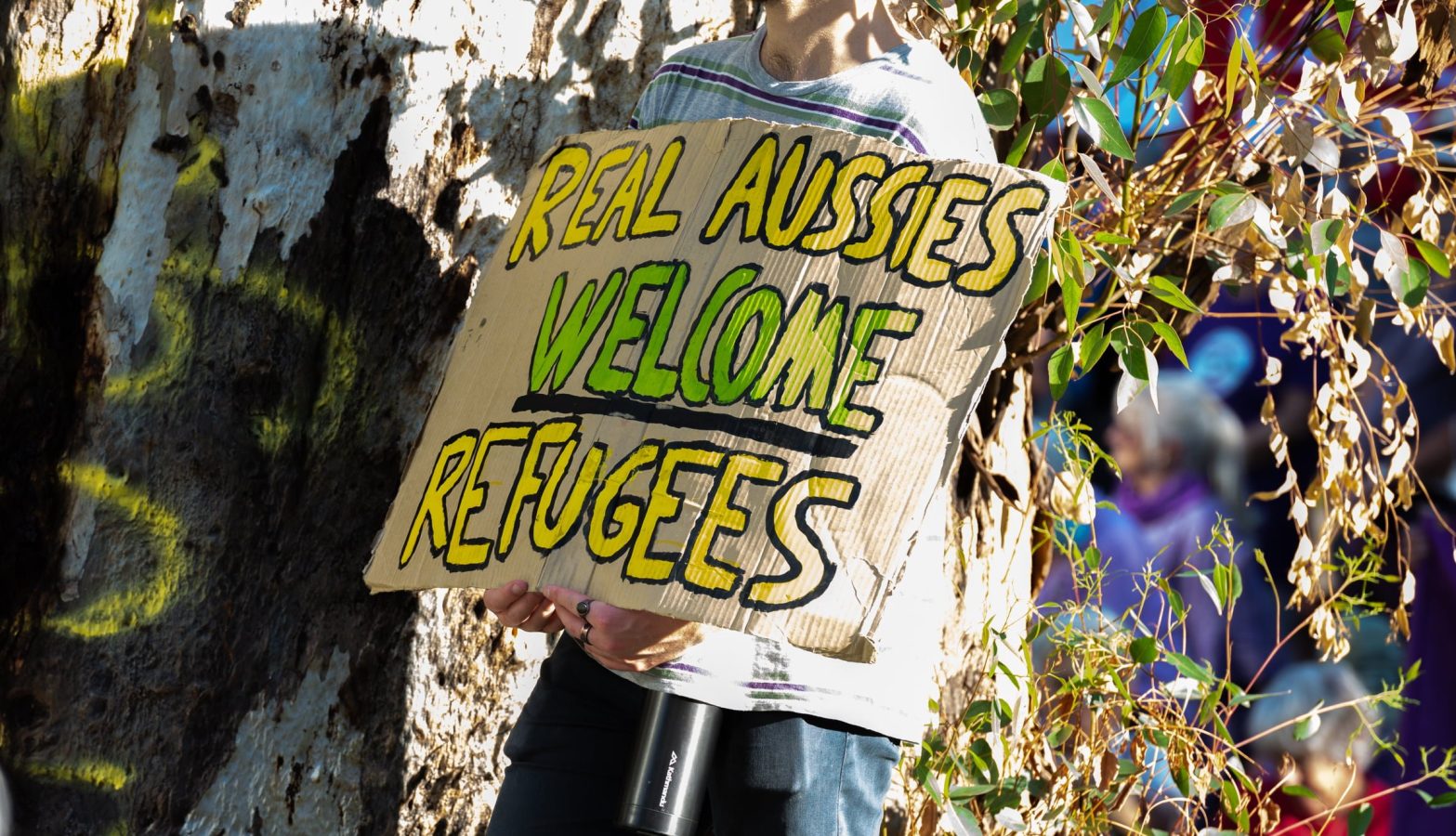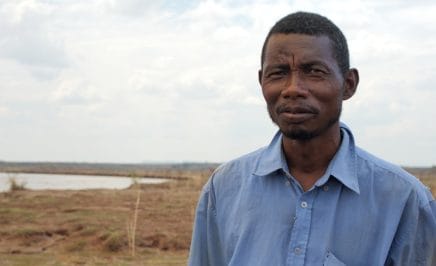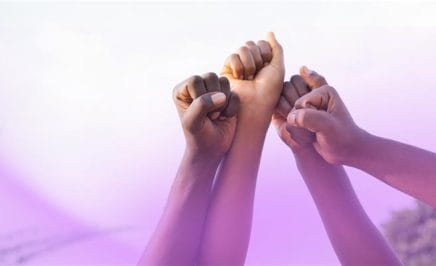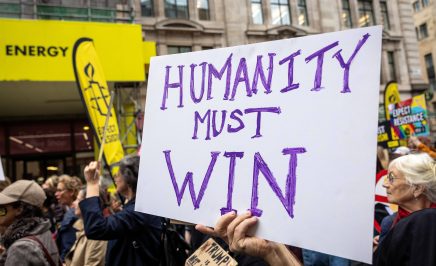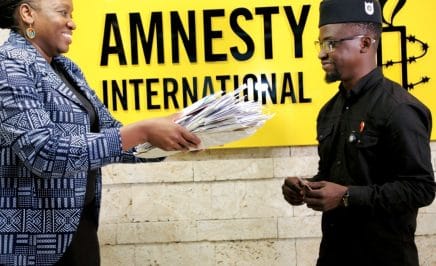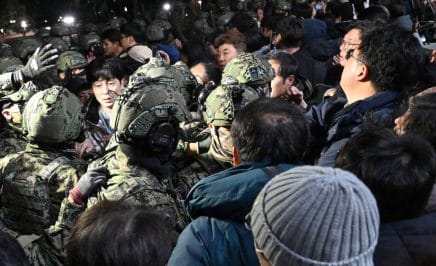Refugees in Australia face dire circumstances and are subject to harsh treatment; such as being turned back on arrival or being sent into detention facilities. They’re often villainised by mainstream media and politicians as being lazy, which is simply untrue. These refugees have a genuine need and right to seek asylum, and once given it, excel by maximising the opportunities they are given.
Contrary to popular belief, after being given the proper opportunities and resources, refugees are not only able to assimilate, but thrive and actively contribute. Below are some amazing stories from refugees who have been able to excel in their fields and help make Australia a better society.
Noor Azizah
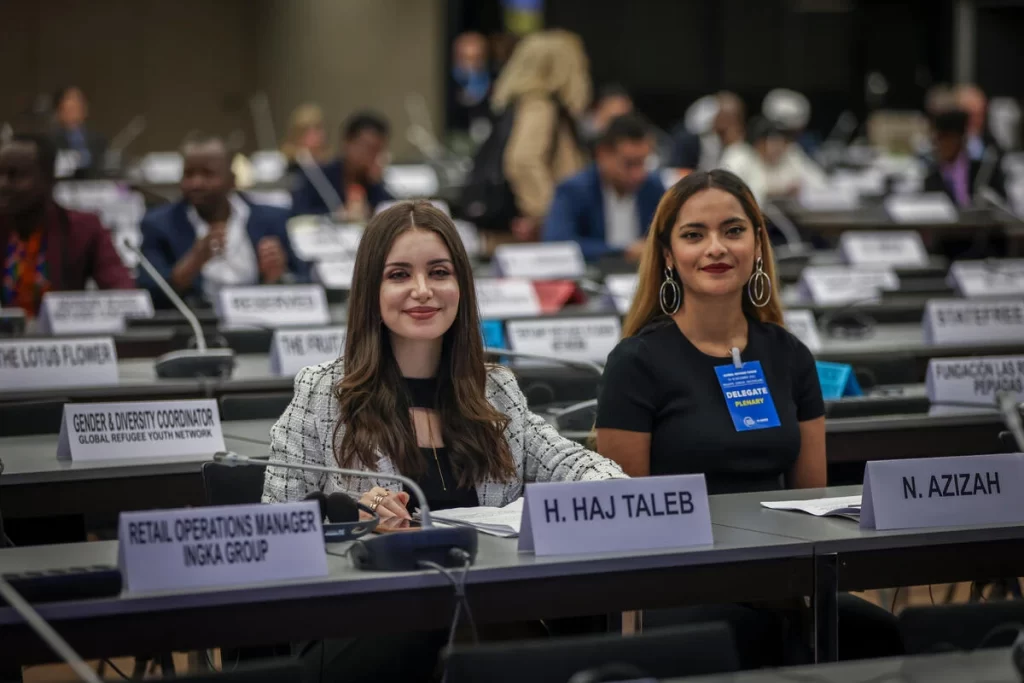
Noor is a Rohinya refugee from Myanmar, who was forced to flee her country due to ongoing genocide, resettling with her family in Sydney in 2003. She is now a dedicated advocate and is a strong voice in her community, standing up for refugee rights and engaging in a variety of work such as public speaking, advocacy and mentoring.
Her formative years were marked by homelessness, poverty and a need to constantly move between countries in an attempt to seek safety. Noor’s family often had to navigate perilous jungles, trying to escape danger and avoid hunger.
Noor holds a Bachelor of Education and a Master of Peace and Conflict Studies from the University of Sydney. She has been awarded a plethora of awards and accolades such as NSW Young Woman of the Year 2024 and Global Citizen 2024. “I myself went to school in year three in Australia. That was the first time I entered a classroom and now I graduated from the University of Sydney with a Bachelor of Education in a master’s of peace and conflict studies. And I had to learn English. I had to learn everything. My own sister resettled at the age of 20 and she’s got to be a medical doctor.”
“From my understanding and from my experience as a refugee and also being in the refugee field and meeting so many refugees, they strive and they contribute positively to society. And in Australia there is a migrant society. We have migrants that have been here for the last 100 years and we have restaurants that they are running.”
Noor Azizah
She works closely with the UNHCR as a refugee expert and is the co-founder and director of Rohingya Women’s Network. As an advocate Noor has made remarkable strides in amplifying the voices of women who share similar journeys to her own.
“You know, we have many Rohingya that are contributing positively in society. In Sydney, you see Rohingya that are doctors, lawyers, engineers working at supermarkets. So when we resettle, we don’t resettle and sit down, resettle and ensure that we have education and ensure that we build our skills and that we contribute to society when we need people to contribute to society.”
Noor Azizah
A lot of her focus is on empowering refugees, specifically Rohingya women, to make a difference and create positive change. Despite this, Noor believes that refugees shouldn’t have to justify themselves through outstanding achievements, and that they deserve peace and security regardless. “The best thing for us is both to show that refugees do contribute so much, but to also say that….everyone deserves a basic [human] right.”
Zaki Haidari and his family
Zaki arrived in Australia in 2012, escaping Afghanistan after receiving threats to his life from the Taliban. He was forced to say goodbye to his family, not knowing if he would be able to see them again or even survive the treacherous journey. After battling Australia’s tough asylum laws and being told he would be sent back to Afghanistan, Zaki eventually secured his rights and last year was able to sponsor his family so they’re able to live safely in Australia with him.
Zaki now works with Amnesty International Australia to call for the rights for refugees and to stop human rights abuses against those simply seeking asylum. His passion is ignited by his own experience of being told he is not welcome in this country and would be sent back to Afghanistan where his life was threatened. “My message to the decision makers is that you never welcomed me to this country in the first place. You tried to push me away, to persecution I was forced to flee. But look at today, I am giving back to the community, I’m advocating for not just my rights but thousands of refugees that are living in our community”
After being reunited, Zaki and his family have been gratefully seizing each and every opportunity afforded to them. All of Zaki’s siblings are either working or studying now, contributing through a wide range of disciplines and thriving in a safe, supportive environment. They are all looking forward to the future.
“They all within one year went on finding their own way of integrating with and giving back to the Australian community and driving all the values we have in this country”
Zaki Haidari
Zaki is so proud of what he and his family have been able to achieve, despite everything they have been through, and knows that these opportunities are thanks in large part to the open hearts and minds of compassionate Australians. But the global refugee crisis means that there are unfortunately thousands more refugees like Zaki and his family that are in desperate need of the same safety and opportunities.
Zaki firmly stands for an increase in Australia’s refugee intake, and supports this belief by quoting how refugees contribute to Australian society and the economy. “We know studies have shown that refugees’ contribution to the country is significant. Refugees are entrepreneurial and are three times more likely than the average Australian to start a business and create job opportunities and give back to the community. They are resilient, hard working, and if we gave them that safety net first and then opportunities, they will flourish and contribute to making this country a beautiful country.”
“I want the Australian government and decision makers to increase our refugee intake, because it’s not just a number, every number we put on the table is a life. It’s someone that could live in peace, safety, but also be a part of our community and society as many thousands of refugees are now giving back to the community.”
Zaki Haidari
For Zaki, support from organisations like Amnesty was life changing. He is not just a refugee now, he is a refugee rights campaigner, advocating for refugees at the highest level of government and even internationally. We must allow more families to be given the opportunity to be reunited with their loved ones and start a new life.
We must give refugees a fair go
During a time when the need for resettlement has never been greater, Australia is turning its back.
Prior to the election, the now Albanese Government committed to increasing the Refugee and Humanitarian Program to 27,000 places annually, as well as making an additional 5,000 places available through the Community Sponsorship Program. After more than a year in government, the Labor party has failed to deliver on its promise to increase the intake – which suffered drastic cuts under the previous Coalition Government.
The Albanese Government must increase the annual Refugee and Humanitarian Program to at least 40,000 places – prioritising people selected by the United Nations High Commissioner on Refugees, as well as ensuring their promised reforms to the Community Sponsorship Program.
